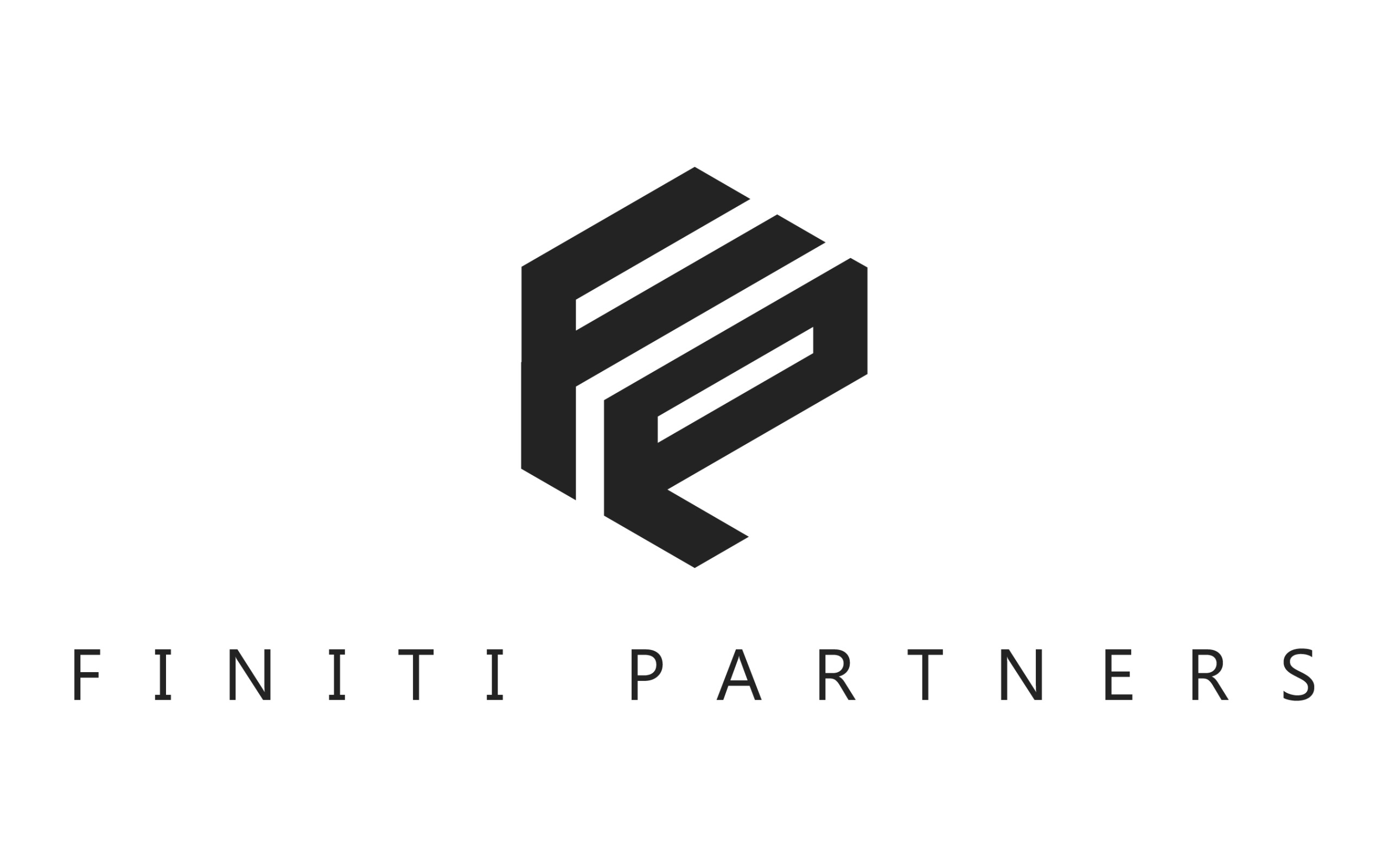What We Do
We specialize across commodities, manufacturing, supply chain and photonics. Our consultants understand the nuances of each sector and speak the language of the industries we serve.
How We Work
Every search is customized. We build fully tailored recruitment strategies around your requirements, organizational culture, and long-term business goals.
Where We Cover
With an extensive global database, we have supported hundreds of clients across Asia-Pacific, China, Americas, Europe, and the Middle East. Wherever you are, we will be able to assist you.
ABOUT US
Founded in 2023, Finiti Partners brings together experienced consultants with 17 years of combined recruitment expertise, trusted by companies and candidates alike to deliver successful hiring outcomes.
130
Successful
Placements
21+
Countries
Supported



We Are Passionate About Our Partnership Solutions
Our four comprehensive hiring solutions give you the flexibility to scale, the precision to hire right, and the insights to stay competitive.
From multi-hire projects to executive search and market intelligence, we support your talent strategy end-to-end.
Multi-Hire Campaign
Contingent Search
Retained Search
Market / Salary Map
OUR TESTIMONIALS
We Are Trusted By More Than 2800 Candidates
220 Clients

Chief Executive Officer
Agriculture Trading
“Working with Joanne has been a pleasure. She understands our company’s needs deeply, and every profile she sends is consistently on point. Her thorough screening saves our HR team significant time and ensures we only meet strong, relevant candidates.”

Managing Director
Oil & Gas
“I’ve partnered with Jerome since 2018, and he has consistently demonstrated a deep understanding of the various functions and roles within oil. The talents he has placed have not only fitted well but also contributed meaningfully to the growth of our company.”

Vice President
Photonics Design House
“Valerie is an expert in the photonics space. Given that the industry is still rapidly evolving, her ability to map out competitors and successfully headhunt strong engineers has been invaluable. The talent she has brought in has significantly supported our time sensitive projects.”
